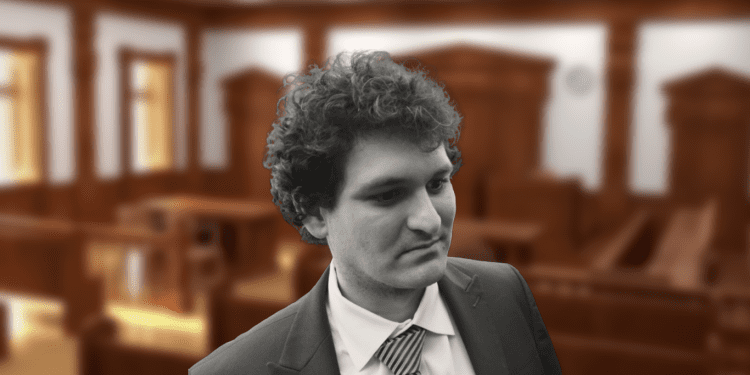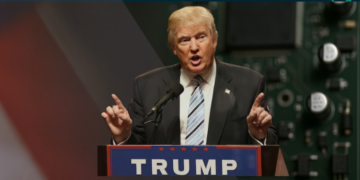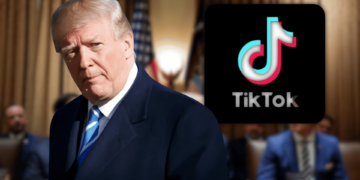SBF’s trial represents a pivotal moment in the cryptocurrency industry’s legal history, with the outcome poised to shape future regulations and perceptions of the crypto space.
- Sam Bankman-Fried, the founder of FTX, is facing a high-stakes trial on charges of money laundering, wire fraud, and illegal political donations.
- Legal experts think the prosecution has a strong case, with testimony from key figures like Caroline Ellison, the ex-CEO of Alameda Research, who is cooperating.
- SBF’s defense is challenged by recent setbacks and cryptocurrency complexities.
The impending trial of Sam Bankman-Fried (SBF), the disgraced founder of the once-thriving cryptocurrency exchange FTX, has captured the attention of the financial world. Facing a slew of charges including money laundering, wire fraud, and illegal political donations, SBF’s trial is poised to be a pivotal moment in the cryptocurrency industry’s legal history.
A Strong Prosecutorial Start
Legal experts closely following the case suggest that the prosecution is entering the trial from a position of strength. The rapid progression of the case to trial and the cooperation agreements secured with key individuals from SBF’s inner circle, including co-founder Gary Wang and former head of engineering Nishad Singh, indicate the government’s confidence in securing a conviction. Caroline Ellison, former CEO of Alameda Research and SBF’s former lover, has also struck a cooperation deal, further strengthening the prosecution’s case.
The Importance of Witnesses
A critical element in determining SBF’s fate will be the witnesses presented by both the prosecution and the defense. Caroline Ellison’s testimony, in particular, is expected to be closely watched due to her proximity to SBF. As a former executive who has already admitted wrongdoing in diverting FTX customer funds to pay off loans at Alameda Research, her testimony may prove pivotal in highlighting the alleged fraud.
Navigating Complex Crypto Questions
One challenge for both the prosecution and the defense is addressing the intricate nature of cryptocurrency. Jurors may struggle to grasp the technical nuances of the industry, potentially diverting their focus from the core allegations. The defense must ensure that the jury comprehends the key aspects of the case without getting lost in the complexities of cryptocurrency.
Defense Strategies and Limitations
SBF’s defense team faces several hurdles in crafting a viable strategy. Recent setbacks, such as the judge’s refusal to release SBF early for better preparation and the rejection of proposed witnesses, have limited their options. Nevertheless, potential defense strategies include sowing doubt about whether SBF knowingly committed any crimes at FTX. SBF has claimed that FTX’s legal counsel approved his decisions without objection at the time, potentially framing his actions as legitimate.
Another strategy could involve using prosecution witnesses to support the argument that SBF acted in good faith while discrediting their testimonies. However, without access to documents from the law firm Fenwick & West LLP, which SBF relied on for counsel while leading FTX, proving an “advice of counsel” defense will be challenging.
The Risk of Attacking Prosecution Witnesses
Attacking prosecution witnesses, including Caroline Ellison, carries its risks. In some cases, such tactics can backfire, especially if they portray SBF as aloof and irresponsible compared to co-conspirators who have admitted wrongdoing and accepted responsibility. An unsympathetic jury might view such attacks with disdain, potentially prejudicing the case against SBF.
Conclusion
As the trial of Sam Bankman-Fried looms, the cryptocurrency world holds its breath. While SBF’s defense faces significant challenges, the case is far from clear-cut. The outcome will hinge on the strength of the prosecution’s witnesses, the defense’s ability to navigate the complexities of cryptocurrency, and the jury’s perception of the accused. Regardless of the verdict, this trial will serve as a defining moment in the cryptocurrency industry’s legal landscape, shaping future regulations and perceptions of the crypto space.














